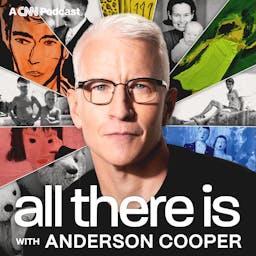It's time for our year-end Virtual Memories Show tradition, now celebrating its thirteenth anniversary: The Guest List! I reached out to 2025's pod-guests and asked them about the favorite book(s) they read in the past year, as well as the books or authors they're hoping to read in 2026! Twenty-six guests responded with wonderful, idiosyncratic, and illuminating book recommendations: Jonathan Ames, Kayla E., Dan Goldman, Dean Haspiel, Jennifer Hayden, Rian Hughes, Paul Karasik, Glenn Kurtz, David Leopold, Seth Lorinczi, Sacha Mardou, Kate Maruyama, Whitney Matheson, Josh Neufeld, Lance Richardson, Ari Richter, ML Rio, Dmitry Samarov, Jonathan Sandler, Damion Searls, David Shields, Peter Stothard, Tom Tomorrow, Peter Trachtenberg, Cecile Wajsbrot, and Mia Wolff (and me)! This annnual episode of The Virtual Memories Show offers up a huge list of books that you're going to want to read in the new year!



























